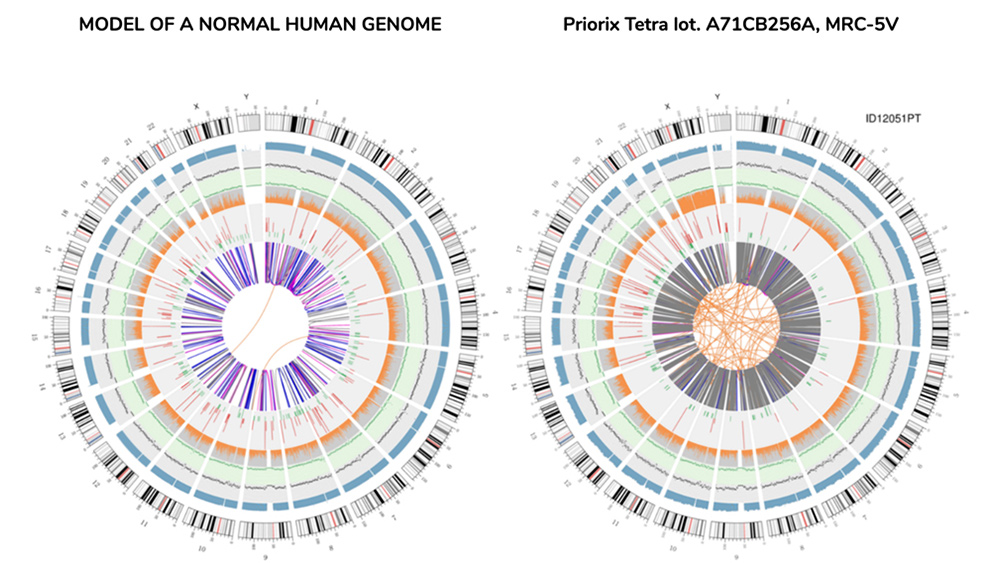Trouble sleeping? Eat more fish – research suggests a connection between omega 3s and enhanced cognitive performance in school children via better sleep
01/13/2018 / By Michelle Simmons

A study revealed that children who eat plenty of fish are more likely to achieve cognitive performance boost and sleep better compared with those who rarely or never consume fish. A team of scientists from the University of Pennsylvania evaluated the effect of better sleep among children who ate more fish on cognitive performance. For the study, the research team gathered data from 514 children aged 12.
All of the participants were part of the second wave of an ongoing prospective longitudinal study called the China Jintan Cohort Study. Moreover, the participants and their families accomplished frequency surveys about their fish consumption and sleep patterns. Their parents, on the other hand, were asked to rate eight sleep parameters — bedtime resistance, sleep-onset delay, sleep duration, sleep anxiety, night waking, parasomnias, sleep-disordered breathing, and daytime sleepiness. The children also had their intelligence quotient (IQ) measured, while the parents gave sleep evaluations.
The cognitive performance of children was measured with the use of Wechsler Intelligence Scale for Children-Revised (WISC-R). The WISC-R consists of six verbal subtests — information, comprehension, arithmetic, vocabulary, similarities, and digit span, as well as six non-verbal subtests — picture arrangement, picture completion, object assembly, block design, coding, and mazes. Then, the researchers combined the verbal and performance IQs to produce the overall IQ score.
Results showed that 58 percent of the children ate fish twice or thrice a week, 25 percent of them consumed fish at least once a week, and 18 percent seldom or never consumed fish. The researchers found that the children who often consumed fish had higher IQ scores and lower sleep disturbance scores compared with those who seldom or never ate fish. Moreover, the participants who ate fish when they were between nine and eleven years old had higher scores in verbal IQ, performance IQ, and full-scale IQ compared with those who rarely or never ate fish.

|
Discover how to prevent and reverse heart disease (and other cardio related events) with this free ebook: Written by popular Natural News writer Vicki Batt, this book includes everything you need to know about preventing heart disease, reversing hypertension, and nurturing your cardiac health without medication. Learn More. |
According to the researchers, sleep partially mediated the relationship between fish consumption and cognitive performance. This indicates that eating fish more often may improve the quality of sleep, leading to better long-term cognitive performance. They also noted that their findings confirm the findings of previous studies, such as the relationship of omega-3 intake and cognitive performance, and the association of omega-3 consumption and better sleep. (Related: Omega-3 fats shown to improve cognition and memory in young adults.)
“These conclusions are supported by the finding of dose-response relationships between quantity of fish consumption and degree of increased IQ scores, relationships that were again found to be mediated by better sleep quality as indicated by less sleep disturbances,” the researchers wrote.
They believe that their findings can be helpful in promoting healthy dietary habits in children and adolescents.
Tips on improving your child’s cognitive performance
It is the parents’ responsibility to encourage their child’s cognitive development, particularly in memory, concentration, attention, and perception. Listed below are ways on how to enhance your child’s cognitive performance.
- Provide a loving environment – A loving, comfortable, and supportive environment is an important factor in the cognitive development of children. It can help enhance their self-confidence and give them an opportunity to focus on other aspects of development instead of always searching for approval. Kisses, hugs, and other ways of showing emotion can help children learn how to express their feelings and use body language as a way of communicating.
-
Exercise physically and mentally – Physical and mental development are essential for child growth as one affects the other. An example of a good physical exercise for children is swimming, while different learning games are examples of mental exercises good for their cognitive growth.
-
Have fun – Children are children, they like to have fun. Playing, exploring, and just having fun are all important for enhancing their cognitive performance.
Read more stories on other factors that affect the brain’s function at Mind.news.
Sources include:
Tagged Under: adolescents, brain function, brain health, children, children's cognition, children's cognitive performance, cognition, cognitive development, cognitive performance, fish, learning, omega 3, sleep




















